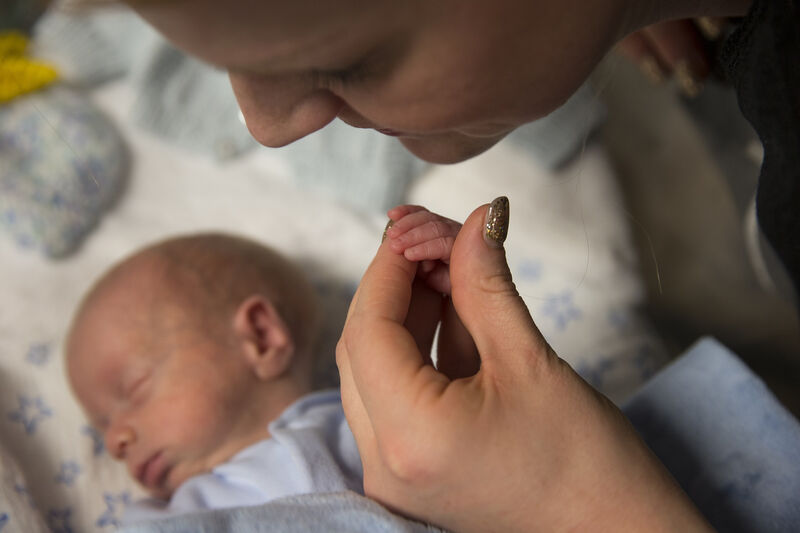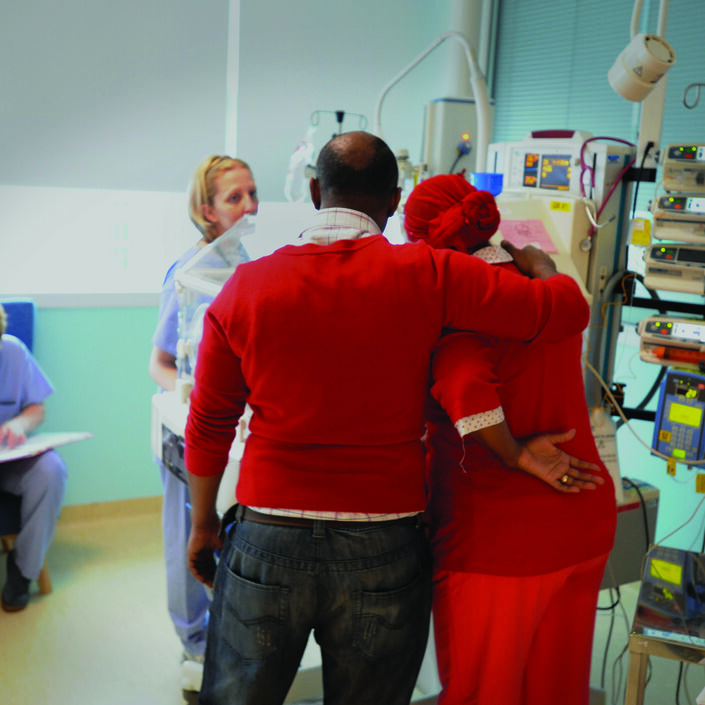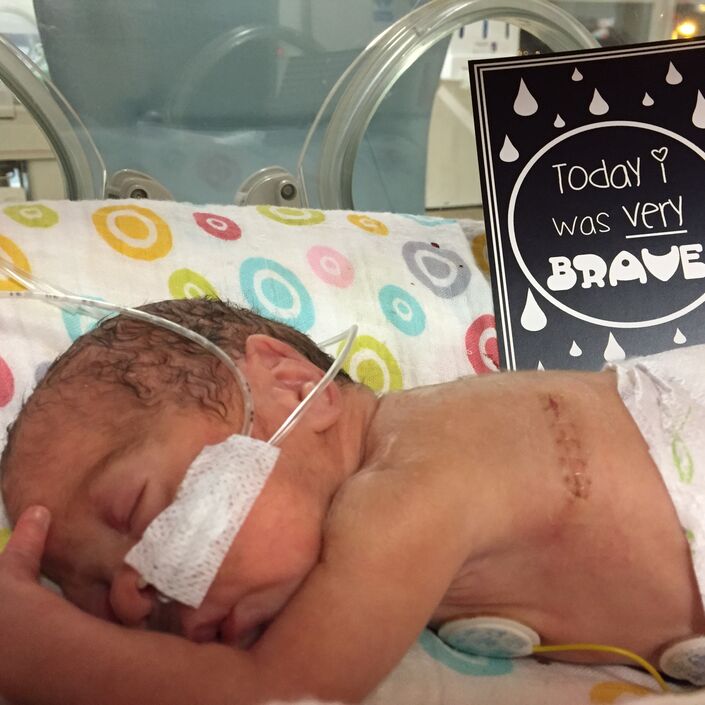Parents might experience a range of unexpected emotions when getting ready to go home from the neonatal unit. While it is an exciting time, you may also have some uncertainty about not having the support of the unit staff at home.
You can speak to the unit staff about any worries you have. They will be happy to help, and most neonatal units will allow you to contact them if you have any concerns or want some advice when you are home. This should be explained to you as part of the discharge process.
Parents often tell us that even though they were excited to go home with their baby, being at home can also feel like an isolating and overwhelming experience. Others say they didn’t feel as confident as they wanted to be and missed the support of the neonatal unit and the reassurance of staff.
Some parents describe feeling a ‘whirlwind’ or ‘rollercoaster’ of different emotions. It is important to remember that there is no right or wrong way to feel, and it is normal to experience lots of different emotions while you adjust to life at home with your baby.
You may find it helpful to talk to your health visitor or community neonatal nurse about how you are feeling.
Bliss has more information on Parents' mental health and the impact of having a premature or sick baby.



